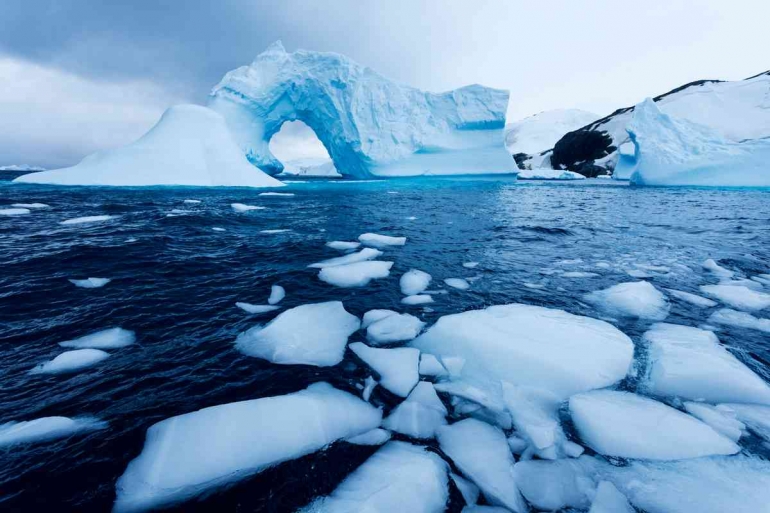We all know or at least have heard about global warming, and how it affects the world. But do you know what it means and how it can change our lives?
What is global warming?
Global warming is a long-term process that involves the Earth's overall temperature gradually increasing. Global warming has been going on for a really long time, but its pace has significantly increased in the last 100 years mainly due to the burning of fossil fuels. As the Earth's population increases, so does the burning of fossil fuels. Fossil fuels include oil, coal, and natural gas, and burning them causes what is known as the "greenhouse effect" in Earth's atmosphere.
The greenhouse effect is when the sun's rays penetrate the atmosphere, but when the heat is reflected off that surface cannot go back into space. Gases produced by burning fossil fuels prevent the heat from leaving the Earth's atmosphere. These greenhouse gases include carbon dioxide, water vapor, chlorofluorocarbons, methane, and nitrous oxide. The remaining heat in the atmosphere has caused the average global temperature to rise over time, also known as global warming.
Global warming mostly occurs in the troposphere, which is the lowest level of the Earth's atmosphere. It extends about 6 to 11 miles from the Earth's surface. This layer has most of the Earth's clouds and is where living things, their habitats, and weather occur.
What are the consequences of global warming?
Global warming is expected to affect various aspects globally, including energy consumption, water availability, and worldwide crop yields. It will be difficult for poor countries, nations, and communities with limited abilities and resources to adapt to this environment.
Global warming brings another issue, which is climate change. Climate change refers to changes in weather patterns and growing seasons. It also refers to the rise of sea level caused by the expansion of seas that are warmer, and melting ice sheets and glaciers. Global warming causes climate change, which is a serious threat to life on Earth in forms of extreme weather and flooding.
As the worldwide temperature rises, ice caps and glaciers are going through accelerated melting. This directly contributes to the increase in sea levels, which endangers low-lying coastal areas and island nations. It also disrupts polar ecosystems, threatening wildlife that rely on these types of environments.
The excess carbon dioxide isn't only affecting the land, it is also affecting the oceans. Oceans absorb the carbon dioxide which leads to ocean acidification which poses a threat to marine life, especially organisms with calcium carbonate shells such as corals and various shellfish.
Global warming is disrupting ecosystems, which impacts the distribution and behavior of plant and animal species. Due to this, some species may come across challenges in adapting or living, leading to changes in biodiversity and potential species loss.










